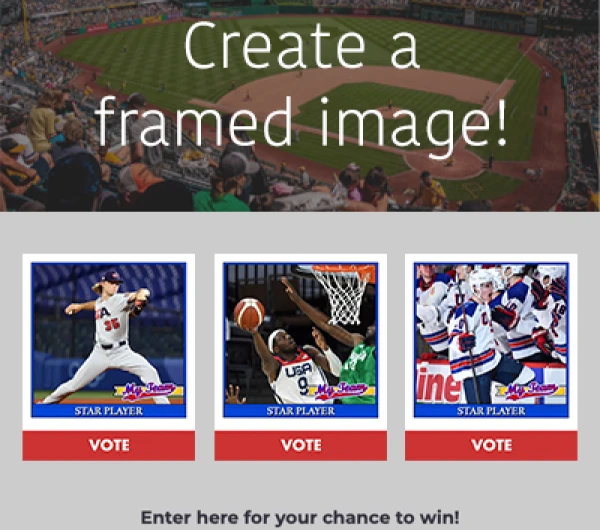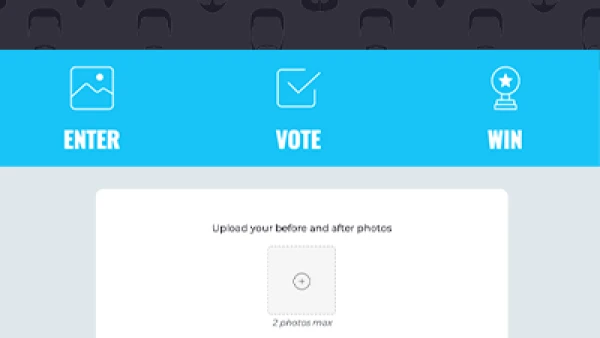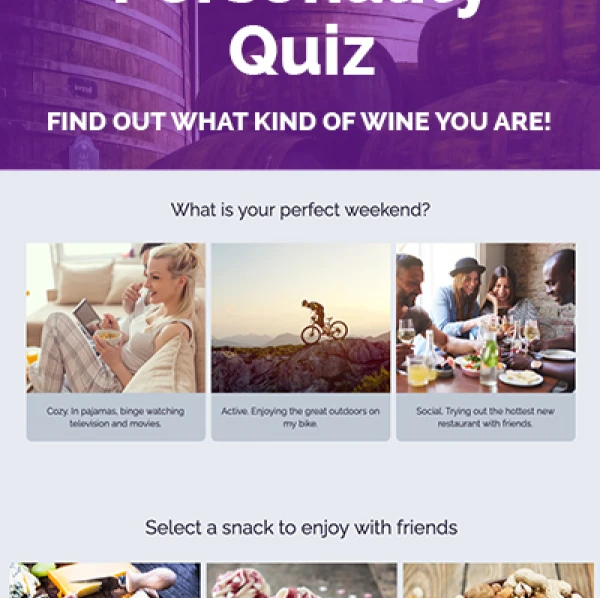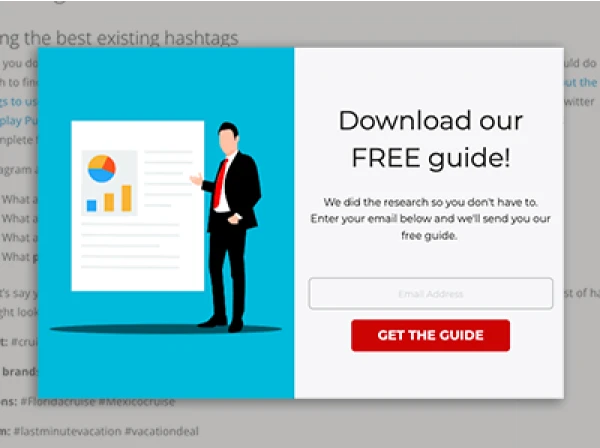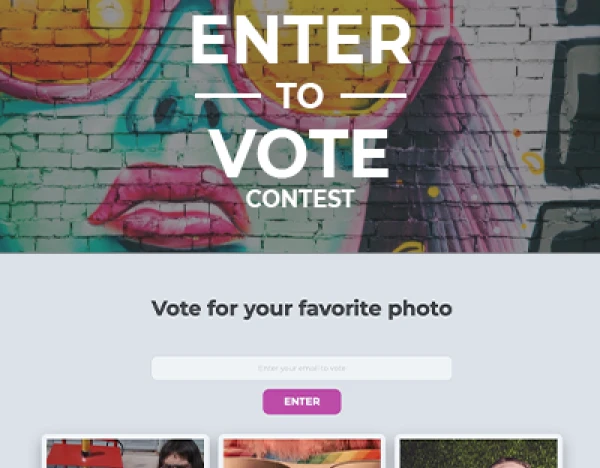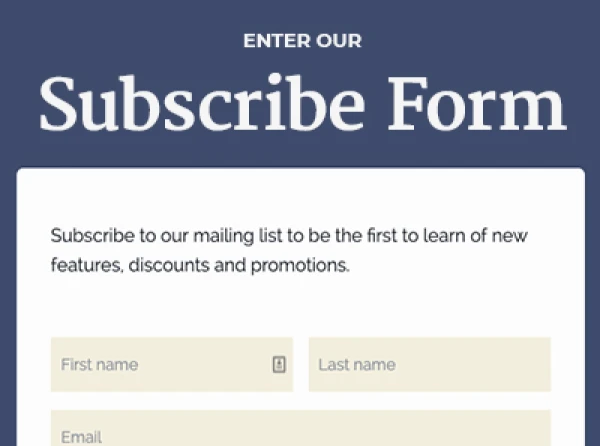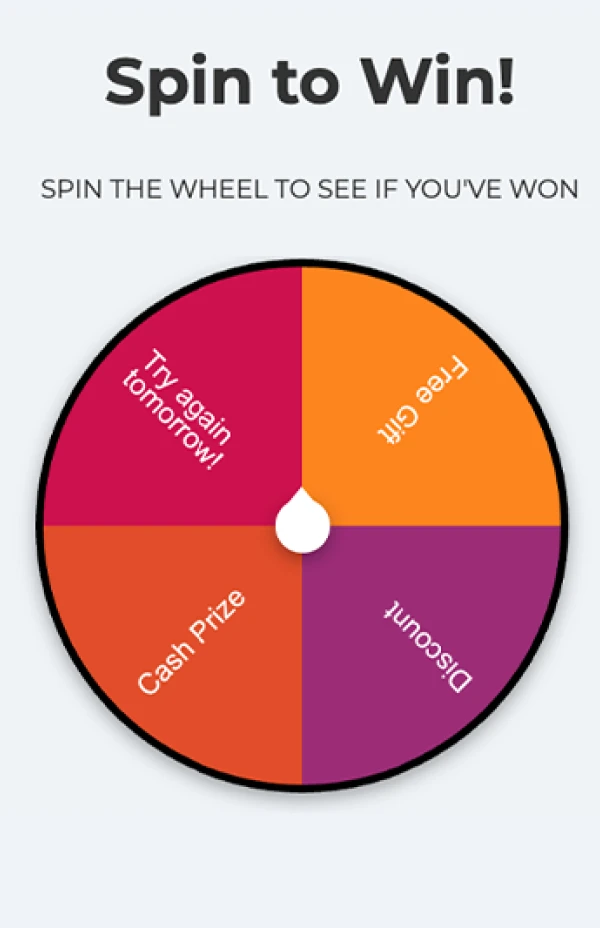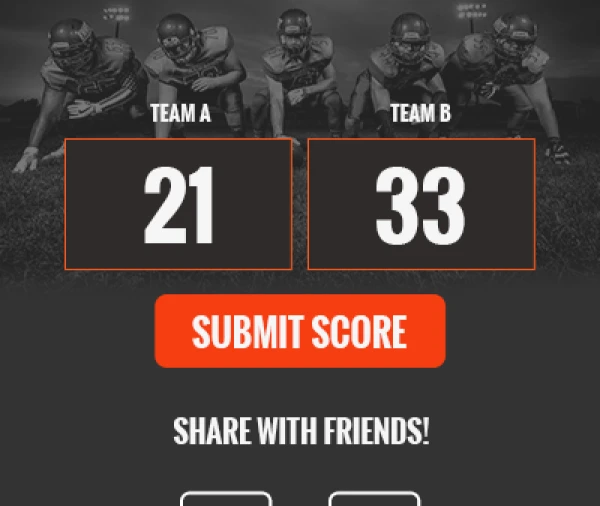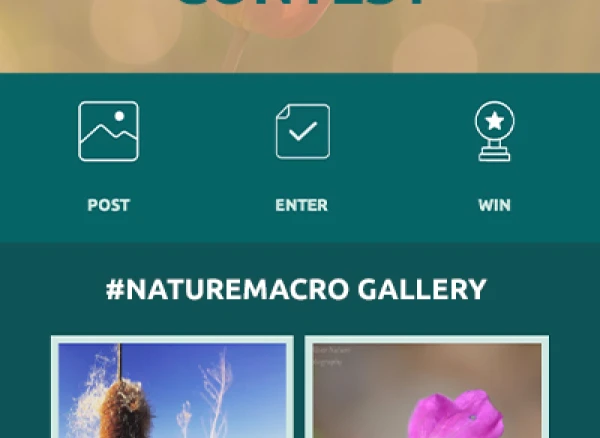When you’re running a contest on social media, it only makes sense to want to get as many eyes on the contest as possible. More eyes means more engagement, more attention, more entries, and more leads. So what's the best way to get that maximized engagement? By running cross-platform contests using contest software. There’s one big challenge to running a cross-platform contest, aside from the extra time it takes to manage it: Each platform has its own specific contest rules, and you definitely don’t want to break them.In this post, we’ll take a look at each social media site’s individual contest requirements so you can run a cross-platform contest without breaking a single rule.
Rules All Platforms Share
There are some rules that all platforms share, making it easy to keep an eye out for them. For example:
- You must make it clear that your business (or another business) is sponsoring the contest, and that the platform (Facebook, Instagram, etc.) is not associated with the contest in any way.
- You must comply with the local laws of your region, state, and country.
- You must make your contest’s specific rules, terms, and eligibility easy to find and very clear.
You’ll also want to make sure you understand the differences between sweepstakes, contests, and lotteries and what that means for rules. The easiest way to manage rules is to create a landing page that outlines the rules/terms and conditions for your contest. Then just link to the page from within your entry form, or from the landing page where you publish your contest. You can see more about that here.
Facebook has some of the strictest contest guidelines out there, so we’re going to start here. In addition to the rules described above, Facebook has a few additional contest and promotion rules. These include:
- Promotions can only be administered on Pages or within apps on Facebook, and not on personal timelines
- You can’t ask users to share the contest on their own timeline, post the contest on a friend’s timeline, or tag a friend. (They can do this on their own, you just can’t ask them to).
- You can’t use a contest for “like-gating,” or make liking your Page a requirement for entry. You can technically get away with encouraging users to follow you to get contest updates, including winner announcements.
You can read all of Facebook guidelines here.
Because Instagram is owned by Facebook, it’s not too much of a surprise that they’ll have similar promotion rules. In Instagram’s promotion guidelines, they specifically require that:
- You not inaccurately tag users in content, or ask others to inaccurately tag users. You could not, for example, tag a bunch of influencers in your contest announcement and ask them to share, or ask users to “tag a friend for a chance to win!”
- You can’t ask users to tag themselves in an image if the user isn’t actually in it. Asking them to comment is fine.
Pinterest’s additional rules (outside of their “you can't say Pinterest is running the contest") surprised me when I first heard them, because at a first glance, it wasn’t what I expected. Specifically, you aren’t allowed to ask pinners to pin one specific image as part of the contest. To me this seemed a little counterintuitive, because the whole point of Pinterest is to share content, but it makes sense: this way Pinterest doesn’t get flooded with an image that ends up spamming the site. Pinterest only wants to reward and allow authentic, organic behavior.What you can do instead (as stated by Pinterest) is to use an app or your site to offer a selection of different images users can choose from, and require that they pin from that selection or from your site. You could, for example, show five different pins of different vacation spots if you’re a travel agency, and ask users to pin their favorites. This still gets your content moving through Pinterest, but it actually benefits you, because the content will be diverse, increasing the chances of appealing to more users. And here’s the other big one: Pinterest doesn’t allow more than one entry per participant. Users can’t enter once per day or once per week by pinning additional content. Since no other platforms forbid this, this rule could get you in trouble if you ended up choosing a Pinterest-heavy contest at the last minute.
Snapchat
Snapchat’s promotion rules are relatively simple. They do encourage businesses to make the contests easy to participate in, and to have clear and concise rules. They also forbid contests from encouraging “spammy behavior,” like asking users to send snaps to their friends.
Twitter’s rules are clear and to the point, and follow similar trains of thought of “Don’t spam people” like all of the other platforms mentioned here. Twitter has included specific rules that require you to create contest rules that forbid users from creating more than one account and forbids users to retweet something repeatedly. You can ask users to retweet a status, but not repeatedly.Other rules unique to Twitter include:
- Ask people to mention you (by tagging you) in their update, so you can actually see all the entries.
- Encourage users to only use relevant hashtags to the contest.
How Do These Rules Actually Affect My Contest?
Most businesses will host a “Facebook contest” or a “Pinterest contest” that they then promote on as many social media platforms as possible. The contest might “live” on Facebook, where users are supposed to post on a specific status. It’s most important to follow the rules to a tee on the main platform that your contest lives on; when you’re promoting it on other sites, the rules are a little different. You wouldn’t, for example, require users to share your Facebook status promoting your Pinterest contest, because that just doesn’t make sense and would become too difficult to measure. And while platforms hate spam, users hate it even more. Contest software like Shortstack has made it easier to have your contest live on a landing page so you can promote it on all your networks and not worry as much about platform-specific rules.
Final Thoughts
You want your contests to help you, not hurt you, and to avoid any negative consequences, you should make sure that your contest is compliant with every platform you share it on. This will help you get all of the benefits from your social media contest without the risk of getting any of your accounts suspended. If you need some help writing a rules document, this template will help. Ana Gotter is a frequent contributor to the ShortStack blog.
About the author
Ana Gotter is a regular contributor to the ShortStack blog. She also writes for sites including Social Media Examiner, Business 2 Community and Adspresso. Find her at Expert Business Writer - Ana Gotter.
Recent posts
Go back to blogGet marketing tips straight to your inbox
Launch an irresistible giveaway. Get started for free.
Join 630.000+ marketers that are boosting engagement and sales.
